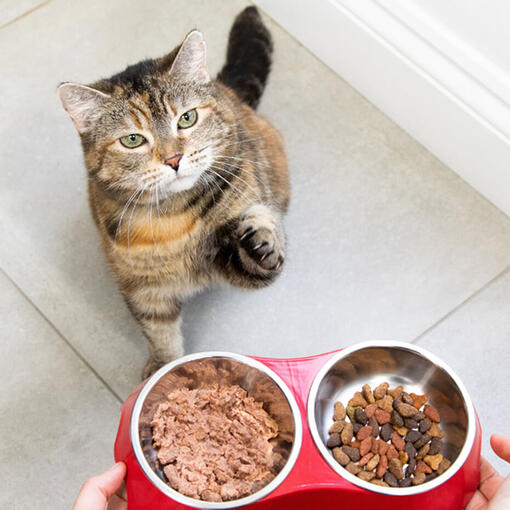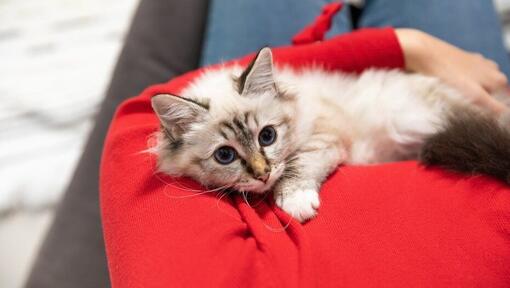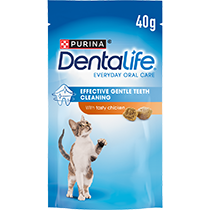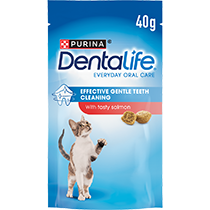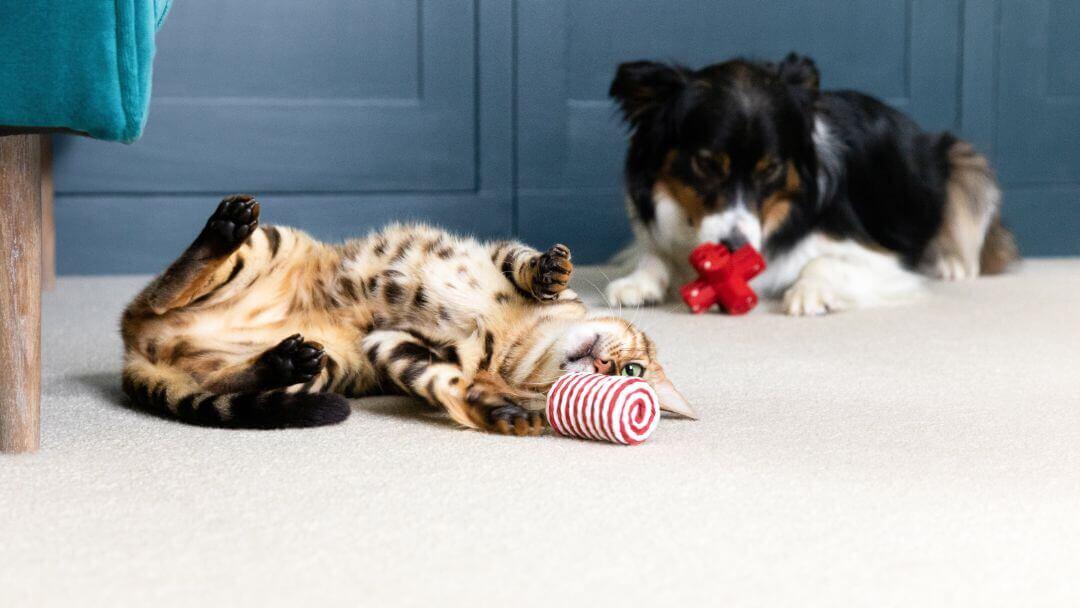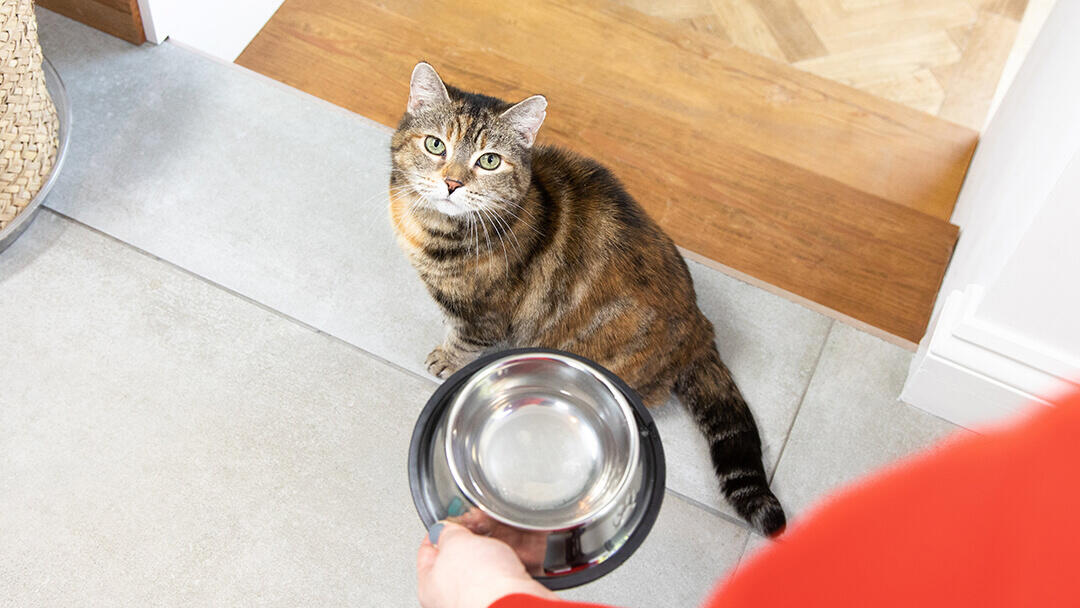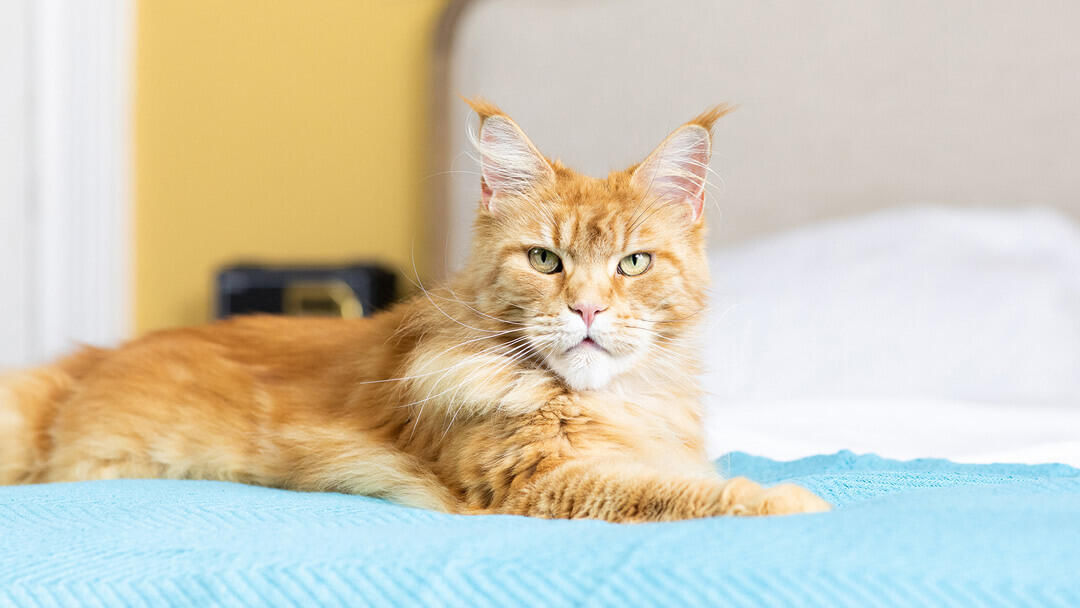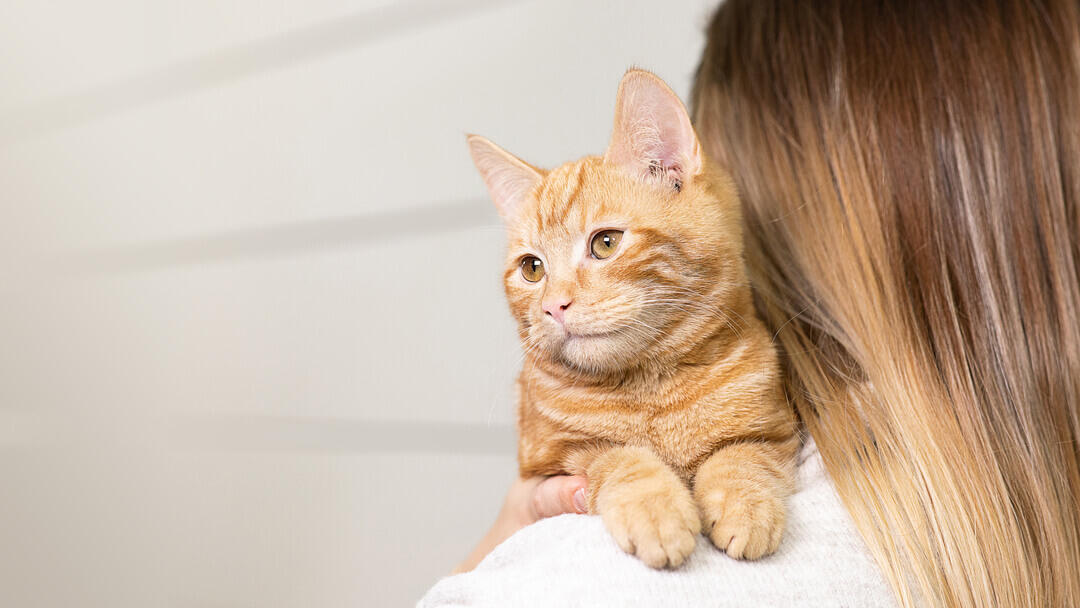Cat Flu: Symptoms, Treatment, and Long-term Effects

Flu in cats can be just like human flu: symptoms may include a runny nose and achy muscles, and plenty of TLC is needed for recovery. Learn how to spot the signs and symptoms of flu and how it can be treated.
What are the symptoms of cat flu?
If you’ve ever been hit with the flu, you’ll have some sympathy for your cat. This illness in cats isn’t all that different to the human variation. Just like in people, most cats can fight it off; however, for more elderly animals, kittens, or cats with an underlying health condition, it can prove more serious. Cat flu is generally viral, meaning that in most cases antibiotics won’t be effective.
Luckily there are cat vaccinations available. Although it’s not a guaranteed defence, vaccinating your cat will go a long way toward protecting them, particularly if you’re planning a trip to a cattery or to any environment in which groups of cats are kept together.
What is cat flu?
Whether they’re sneezing or sniffling, the symptoms of cat flu can be fairly easy to identify once you know what you’re looking out for. Here’s a list of some of the more common signs to be aware of:
- Sneezing: this is the main way in which the illness is spread. Just a few droplets from an infected cat’s sneeze can carry several metres.
- Runny nose.
- Watery eyes.
- Difficulty with, or noisy, breathing.
- Dribbling.
- Change in behaviour.
- Loss of appetite.
- High temperature.
- In serious cases, ulcers around the eyes.
Symptoms can range vastly in severity: while one strain of the virus might only result in a bit of sneezing and a runny nose, another can lead to life-threatening complications.
However mild or serious the signs, don’t take the risk. As soon as you spot the symptoms of cat flu, take your pet to see the vet.
Is cat flu contagious?
Cat flu, just like its troublesome human equivalent, is very contagious. Sneezes from infected cats can project the virus over several metres, so direct contact isn’t always necessary for another cat to become infected. To help prevent contraction, make sure that your cat’s bedding, bowls, and litter tray are cleaned regularly.
The virus can lurk in unexpected places and can even be transmitted by other people. Cats can be also become carriers of the illness without showing any signs of the sickness itself.
The only way to help prevent contamination is to clean your cat’s everyday items regularly and to keep infected pets away from other animals.
How is cat flu treated?
Although antibiotics can help with certain complications, there is currently no single cat flu treatment. Instead, keeping your cat comfortable and nursing them at home is the best way to get them better.
Keep their fluids up: encourage your pet to drink because water can help loosen up catarrhal secretions. Steam can also help with this, so if they’re willing, you might try to keep your cat in the bathroom while you take a long, hot soak in the tub!
Try to keep their eyes and nose clear: gently wipe away any discharge that accumulates with cotton-wool pads dipped in salt water.
If their appetite is lacking, try to encourage them to eat. Their throat may be sore, so offer foods that aren’t hard to swallow. They may also have lost their sense of smell, so you can try to tempt them with stronger smelling foods.
In general, keep your patient warm, dry, and comfortable, with all their favourite creature comforts close at hand! If you have other, uninfected cats in your household, create an isolated space for your cat to recover in. Furnish it with their litter tray and bed close by, and with plenty of fresh food and water readily available.
Cat flu in kittens
Unfortunately, young cats can also get the flu. Kittens are still developing their immune defences which means that catching the flu can be particularly troublesome for these little fellows. They may experience more severe symptoms of cat flu such as:
- Difficulty breathing
- Eye ulcers
- Lung infections
This’s why it’s important to contact your vet as soon as you notice the first signs of cat flu starting to affect your kitten.
The vet will usually recommend you give your kitten plenty of water, a warm bed, and that you make sure they’re not skipping meals. Medication might be necessary for severe cases of cat flu. It’s important to follow your vet’s instructions precisely to make sure the virus is eliminated so that your kitten can get back to their fun-filled adventures as soon as possible.
The best way to prevent cat flu from affecting your kitten is to vaccinate them. Kittens may be able to receive their vaccine as soon as they turn 8 weeks old, so check with your vet for the best advice.
What are the long-term effects of cat flu?
The majority of felines that contract cat flu will recover without any long-term impact on their health. The most common problem following a bout of illness is that your cat could become a carrier of the virus. There’s usually no way to tell or to protect against it, but it does mean that they will be potentially infectious to other animals.
Your cat may have minor recurrences of the illness during stressful times. Sometimes they can also be left suffering with chronic rhinitis (a permanently runny nose).
In the worst cases, some cats will suffer from prolonged gingivitis (inflammation of the mouth) which requires drug treatment and, occasionally, tooth extraction.
Another concern may be damage to their eyes caused by ulcers. This can lead to long-term impairment and may even require removal of an eye. Look out for sore, drooping, or partially closed eyes and, if you spot these signs, get your pet straight to a vet.
In most cases cats will recover in a matter of weeks. To make sure your cat gets back to their healthy and happy self, seek early advice from a vet.
With the outbreak of the SARS-CoV-2 virus (COVID-19) coronavirus, many owners are wondering how to best take care of their cat during this uncertain time. We hope this article answers some of the most frequently asked questions about treating flu in cats.


